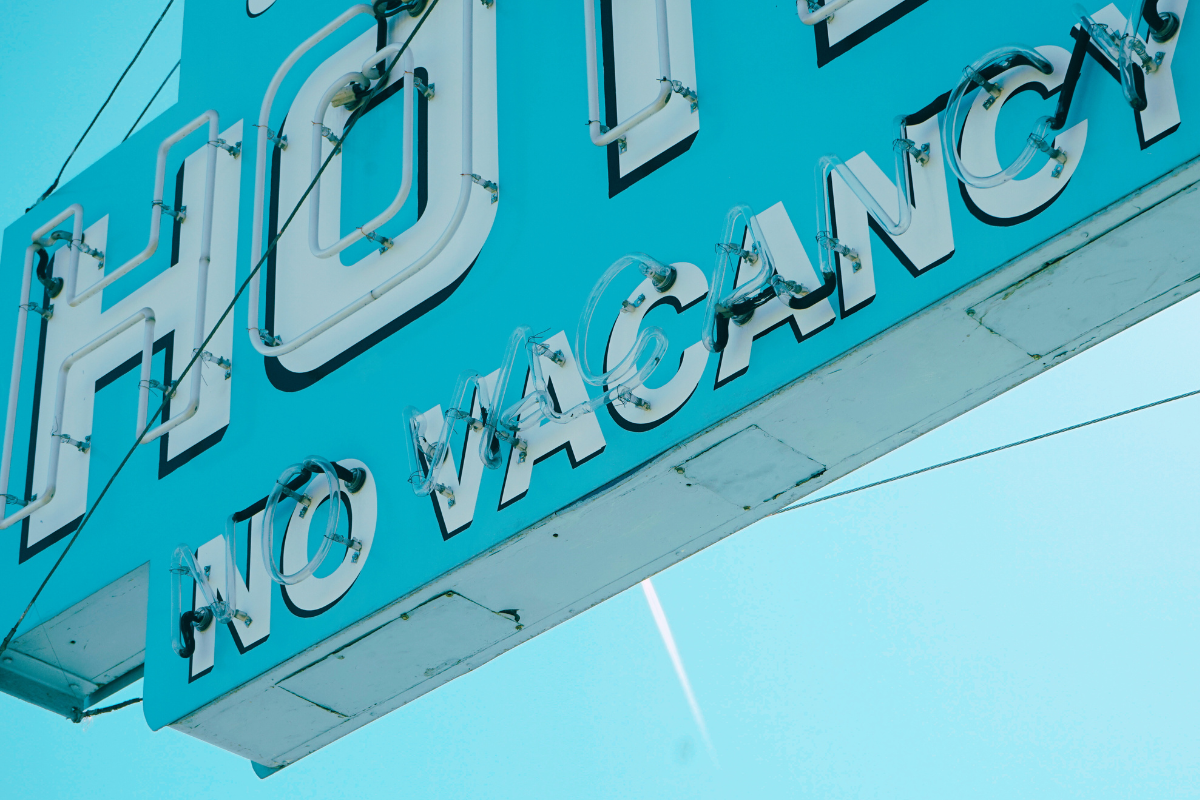Legacy systems and hard-wired mindsets are proving challenging for TMCs.
Last month, I wrote an article about the financial cost of missed hotel opportunities for TMCs. With lodging spend for business travel coming in at more than $500 billion annually around the globe, yet only 37% of trips booked by TMCs estimated to have a hotel booking attached, it stands to reason that TMCs could be making a whole lot more money if they could nudge that attachment percentage up.
But no one seems to be talking about it.
Scouring travel industry press and conference agendas reveals a revolving hot-topic cycle of NDC, sustainability and AI — all undeniably important topics — but the lack of widespread discussion around such a huge financial gap is stark.
The conversation spark
Curious about the topic, I posted to LinkedIn about the black hole of unmanaged corporate lodging and asked my network to share their views on what’s happening.
The response was incredible, sparking countless online and offline conversations with travel industry colleagues that covered a range of factors: from fragmented platforms and lack of innovation to the human behaviours at play.
One of the first people I spoke with was Riaan van Schoor, CEO of Agentivity, a travel data platform that has been helping travel agents leverage booking data for over 16 years. Riaan’s focus is on operational insights, revealing where TMCs miss revenue opportunities and how they can better align their booking processes to capture hotel attachment.
In our conversation, he highlighted a key challenge: the reluctance of business travel agents to push hotel bookings as aggressively as leisure agents push vacation packages.
Business travel agents: the reluctant salespeople
Why is this? For one, they don’t want to be seen as pushy. Their role is to facilitate, not sell – and they’re sensitive to that line. Unlike leisure agents, who are trained to upsell every aspect of a trip – from luxury upgrades to curated experiences – corporate agents are conditioned to move bookings quickly, focusing on air and ticketing rather than hotel attachment.
“They feel they shouldn’t be pushing hotels,” Riaan noted. “If you bring someone into corporate travel from a sales background, they’ll do well, but the typical agent is not trained to sell. They’re trained to issue tickets and get the booking done.”
Favouring diplomacy over sales
There’s also a deeper layer to their reluctance – the fear of damaging relationships. For corporate agents, maintaining client trust is paramount. If a traveller feels pressured into a specific hotel and has a poor experience, it’s the agent who takes the hit.
“A lot of their service agreements focus on speed – how quickly they respond to a request, how fast they can get it ticketed,” Riaan said. “There’s nothing in there about creating value or recommending the right hotel. It’s about ticking boxes and moving on.”
As a result, agents avoid pushing hotels to avoid being perceived as salespeople – a stance that ultimately leaves money on the table and misses the opportunity to deliver a more complete travel experience.

We're used to selling air - not hotels
Paula Batten, co-founder of travel-focused marketing agency V.RO and an industry veteran whose 30 years at CWT have given her a front-row seat to how booking habits have evolved, added another layer to the agent conundrum.
I asked her why corporate hotel bookings are still so fragmented? For Paula, it’s not so much about the legacy systems — it’s about the deeply ingrained habits that shape the entire booking flow.
“Air comes first – every trip starts with a flight. It’s the non-negotiable element that locks in dates and destinations,” she says, “so, it’s the first thing we book. It’s ingrained.”
But hotels are a different story. The booking timeline is more fluid, less urgent. For some travellers, the right time to book a hotel is weeks out – after flights are confirmed and schedules solidified. For others, it’s the night before – a last-minute decision made when they finally get around to thinking about where they’ll stay.
“And that’s the real challenge,” Paula continues, “you’re trying to attach a hotel booking to a flight reservation that might have been secured months earlier. The TMC has already moved on to the next booking. The traveller has moved on to the next task. The window for that hotel attachment moment is gone.”
Changing booking mindsets
Despite efforts to tighten timelines and encourage earlier hotel bookings, Paula points to a more fundamental gap in the travel ecosystem – one that’s not just about timing but about mindset.
“We’re still wired to think of air as the anchor,” she says. “But what if hotels were the anchor? What if we started building the trip around where people will stay – not just how they’ll get there?”
For Paula, it’s a provocative but practical question. Shifting that mindset, she suggests, could transform not only the way TMCs manage hotel attachment but how they position hotel content as a strategic, revenue-driving asset.
The win-win-win opportunity
Here’s the thing: when done well, hotel booking can become an indispensable service offering – that just so happens to come with fantastic commissions.
It’s a win for the traveller, the company and the agent.
So, how do we change the current status quo where hotels are an afterthought in the booking process? Incentivising agents and equipping them with the best tools to get the job done is one place to start.
Existing habits have formed around the legacy technology of the past that made booking hotels laborious and time-consuming. Investing in tech systems that provide in-workflow booking prompts, curate hotel options around company priorities and offer personalisation to capture traveller preferences can make the process simple and intuitive.
More importantly, the right technology can give conscientious agents the confidence that they’re providing the right hotel options to their customers, removing the fear of being seen as pushy.
Filling in the black hole
Ultimately, my recent discussions have uncovered a rich tapestry of interlinking factors that have led to the financial black hole of hotel attachment and agent practices are just one thread in the wider picture.
In the coming weeks, I’ll explore each of these topics further – if you’d like to take part in the conversation, I’d love to hear from you at lucy.koleva@hotelhub.com.
HotelHub: building solutions to TMC problems
HotelHub was born when we saw the same pattern repeating: TMCs investing in tools that couldn’t talk to one another, clients asking for better visibility and consultants stitching together solutions with spreadsheets and good intentions…
They needed a practical fix. So, we built something different: a connector, not a competitor.
Powering hotel integrations for global TMCs around the world, HotelHub aggregates content from every major source: from GDS to OTAs and direct connects.
It doesn’t ask TMCs to rebuild their workflows or retrain their teams – it simply connects the gaps.







